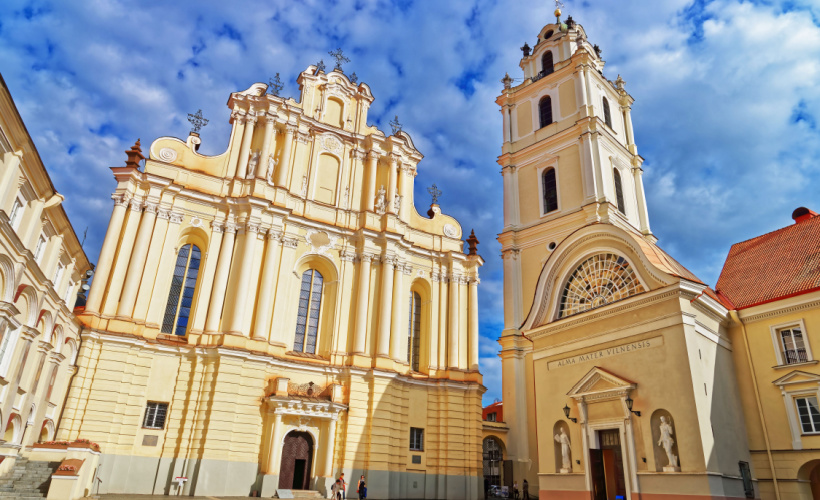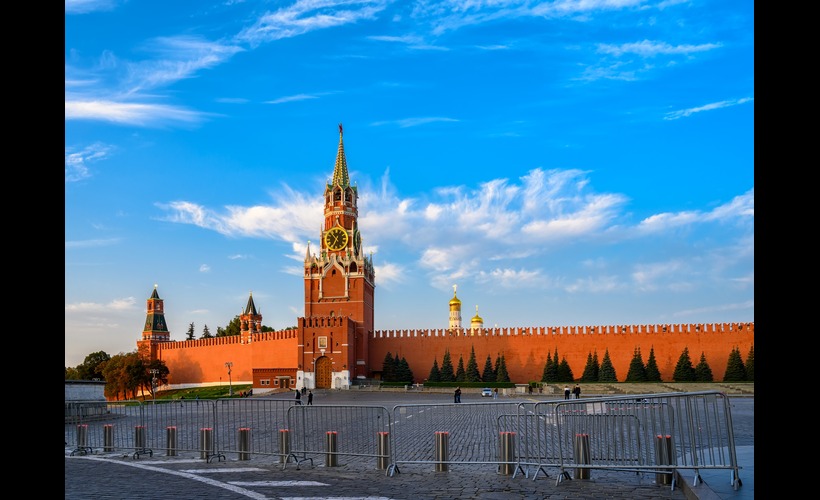From chaos to the New World Order: The Baltic in the aftermath of the First World War, 1918-1922
The First World War and the revolutions that accompanied it resulted in the geopolitical transformation of the Baltic sea region. The breakup of the German and Russian empires and the ensuing civil war in Russia resulted in Finland, Estonia, Latvia, Lithuania, and Poland (re)appearing on the map of the Baltic as independent states. Weimar Germany was established in the West, while in the East, Russia was in the flames of the Bolshevik revolution. At the time when Peacemakers in Paris were talking about peace, the new Baltic region became a free-for-all battlefield of armies and ideologies. The region faced a number of challenges, including shortages of food and capital, disputed territories, and political instability. While it was hoped that the League of Nations would make the New World Order more secure, states in the Baltic were looking for their own formulas of geopolitical survival, ranging from neutrality to novel geopolitical designs. By 1922, revolutionary fervor had subsided, economic catastrophe was averted, the map of the region was fixed by plebiscites, arbitration, wars, or faits accomplis, and all newcomer states had been recognized by major powers.
This symposium brings together leading historians and policymakers to discuss the Baltic in the turbulent aftermath of the First World War when the region underwent a transformation from chaotic uncertainty to relative stability, as well as its contemporary legacies.
INTRODUCTION AND WELCOME: 09.15 – 09.30
Professor Brendan Simms and Rt Hon Charles Clarke
KEYNOTE LECTURE: 09.30 – 10.15
Professor Holger Afflerbach
PANEL 1 – THE BALTIC AS IDEOLOGICAL BATTLEGROUND: 10.15 – 11.30
- Professor Karsten Brüggemann, Tallinn University: ‘Bolshevik and other Russian visions on the Baltic states’ independence, 1917-1920′
- Professor Maciej Gorny, Historical Institute PAN Warsaw,: ‘Challenges to nationalist consolidation in the Baltic’
- Tuomas Tepora, Senior Research Fellow at Tampere University: ‘Legacies of the Finnish Civil War’
- Chair: Eva Piirimäe, Associate Professor at the University of Tartu
TEA BREAK: 11.30 – 11.45
PANEL 2 – THE BALTIC AS CORDON SANITAIRE 11.45 – 13.00
- Professor Andrew Lambert, King’s College London: ‘Seapower solutions: Britain, the Baltic and the balance of power, 1919’
- Dr Kęstutis Kilinskas, Vilnius University: ‘Supply of weapons to the Lithuanian army at the clash of interests between Germany and the Entente, 1919-1920’
- Dr Rikard Westerberg, Stockholm School of Economics: ‘Swedish volunteers in the struggle for Estonian independence, 1919: adventurers, idealists, mercenaries’
- Chair: Dr Hugo Bromley, University of Cambridge
BUFFET LUNCH: 13.00 – 14.00
PANEL 3 – THE BALTIC IN THE LEAGUE OF NATIONS: 14.00 – 15.15
- Sia Spiliopoulou Åkermark, The Åland Islands Peace Institute: ‘The Åland Islands Dispute at the Crossroads of Ideas and Interests’
- Karen Gram-Skjoldager, Associate Professor at Aarhus University: ‘”We are plain quiet folk and have no use for adventures”: Scandinavian visions of and responses to the League of Nations 1918-1921’
- Dr Donatas Kupčiūnas, University of Cambridge: ‘The Vilnius conflict in the League of Nations between nationalisms and internationalisms’
- Chair: Haakon Andreas Ikonomou, Associate Professor at the University of Copenhagen
TEA BREAK: 15.15 – 15.30
PANEL 4 – FROM NEUTRALITY TO GRAND GEOPOLITICAL DESIGNS: SECURITY FORMULAS FOR THE BALTIC 15.30 – 16.30
- Jörg Hackmann, University of Szczecin: ‘Europe in-between: German concepts of Baltic and East European space, 1915-1932’
- Professor Sławomir Łukasiewicz, Catholic University of Lublin: ‘Main geopolitical concepts of interwar Poland: Intermarium, federalism, and Prometheism’
- Professor Aryo Makko, Stockholm University: ‘A Policy at the Crossroads: Sweden, Neutrality and the Baltics after World War One’
- Chair: Professor Brendan Simms, University of Cambridge
ROUNDTABLE – FROM ORDER TO CHAOS? CONTEMPORARY CHALLENGES FOR BALTIC SECURITY 16.30 – 17.30
- Sir Michael Fallon, Secretary of State for Defence, 2014-2017
- Brigadier Janis Kazocins OBE, National Security Adviser to the President of Latvia
- Chair: Rt Hon Charles Clarke, Centre for Geopolitics
CLOSING REMARKS: 17.30 – 17.35
RECEPTION & BALTIC GEOPOLITICS PROGRAMME PUBLICATION AWARD: 17.45 – 18.45







